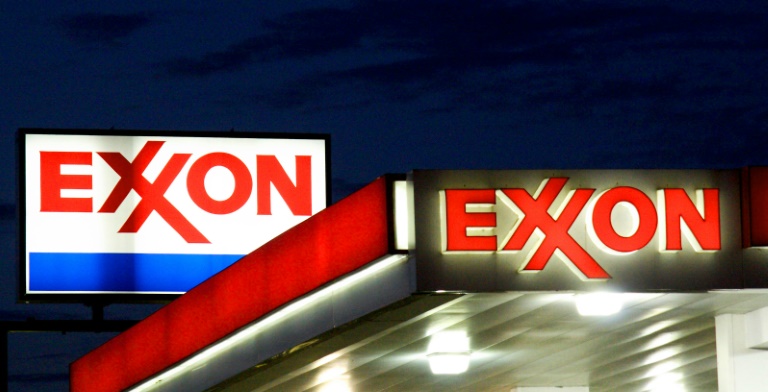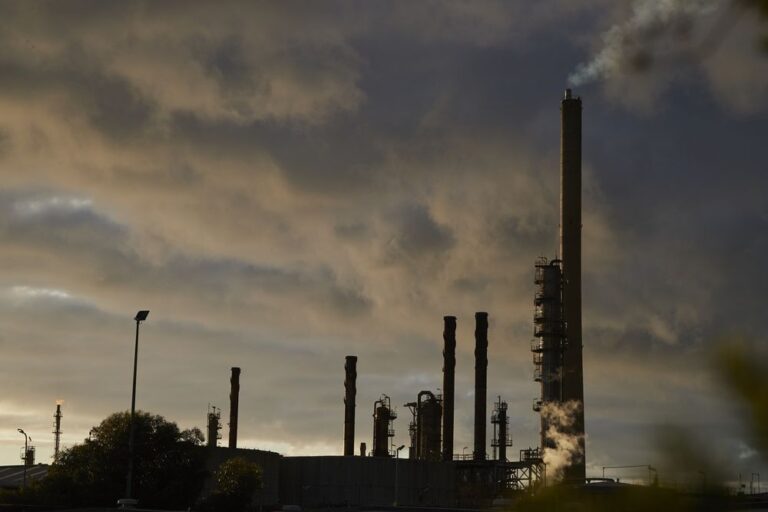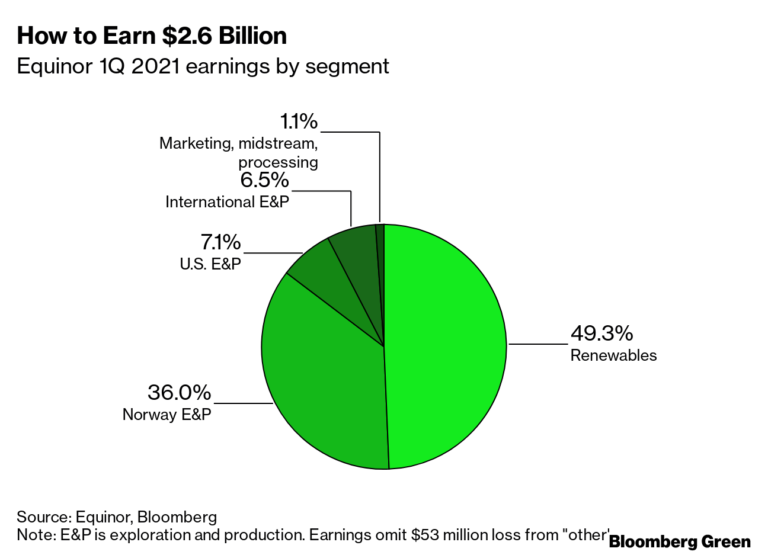NEW YORK: ExxonMobil has spent more than two decades sparring with activists over climate change, turning back virtually every shareholder challenge at its annual meeting each spring.
But late last month, the oil giant, which has shunned renewable energy investments embraced by some rivals, suffered a landmark defeat when upstart investment fund Engine No.1 successfully won election of three of its four board candidates, overcoming fierce campaigning from management.
A newly formed San Francisco-based investment group, Engine No.1 is a relative minnow in the world of finance, but now stands poised to steer the iconic US petroleum heavyweight in a new direction.
Its victory points to the increased vulnerability of incumbent energy players to insurgent investors as public concern mounts over climate change.
Engine No. 1’s stake in ExxonMobil amounts to 0.02 percent of total shares, a pittance that may have led the Texas company to underestimate the broader investor frustration it faces after it was kicked out of the prestigious Dow index last year.
“It’s ironic that an entity with such a small stake was able to effect such change,” said CFRA Research analyst Stewart Glickman, who noted that BlackRock and other funds with large stakes sided with Engine No.1 and played a critical role in its victory.
“They used institutional investors that are more climate change-focused to get this done,” Glickman added.
Andrew Logan, a veteran of shareholder campaigns at ExxonMobil as director of the oil and gas program at activist investor group Ceres, said Engine No.1 ‘s newness was an advantage.
“With Exxon, everyone has a history,” Logan said. “Having a new face without that baggage led them to open doors.”
Engine No. 1’s board nominees were not environmentalists, but longtime corporate executives with energy industry experience. The group was skillful in tying ExxonMobil’s carbon policy to a broader corporate strategy that struck investors as out-of-touch, Logan said.
Engine No. 1 “struck a powerful balance of nodding to climate change, but they focused on the core issue of Exxon’s capital plan and its strategy,” he said.
– Arguing for diversification –
Named for San Francisco’s first firehouse, Engine No. 1 was founded last year by Christopher James, a wealthy technology investor.
Another key player in the ExxonMobil campaign was Charlie Penner, a former partner with activist hedge fund Janus who is well known to key asset managers.
The firm currently has $240 million under management and just 22 employees, according to a securities filing.
Neither James nor Penner were available for an interview, but Engine No. 1 pointed AFP to earlier statements that criticized ExxonMobil’s investments on low-return petroleum projects and its lack of a plan in case government climate mitigation policies are accelerated.
ExxonMobil should “seriously explore opportunities to profitably diversify… with the assistance of new directors with notable track records of agile and adaptative innovation in energy,” Engine No. 1 said in its initial letter to the company.
The three nominees elected by ExxonMobil shareholders are Gregory Goff, the former chief executive of refiner Andeavor; Kaisa Hietala, a former Neste executive who oversaw the company’s expansion into renewable fuel; and Alexander Karsner, a strategist at Alphabet’s X innovation lab and a former US assistant energy secretary.
Anders Runevad, former chief executive of Vestas Wind Systems, was not elected.
ExxonMobil deemed that none of Engine No. 1’s nominees “meet the standards or needs of the company’s board,” according to a securities document. The board named two other candidates, who were elected last week by shareholders, along with the three Engine No. 1 candidates and seven other incumbents.
Engine No. 1 noted during the campaign that ExxonMobil did not meet with its nominees, and said the company’s picks lack a “diverse track record of success in the energy industry who can position the company for success in a changing world.”
– What will change? –
ExxonMobil has changed its tone since Engine No. 1’s victories, saying, “We welcome the new directors to the board and look forward to working with them constructively and collectively to benefit all shareholders.”
Only time will tell exactly how much the company shifts course and whether it will follow other oil majors into renewable energy, focus on executing long-discussed efforts at carbon capture, or go in a different direction.
The vote “means the status quo is no longer acceptable,” said Dan Pickering, founder of Pickering Energy Partners in Houston. “The net impact is more of their capital is directed at energy transition or carbon abatement of some sort and less goes to the oil and gas business.”









